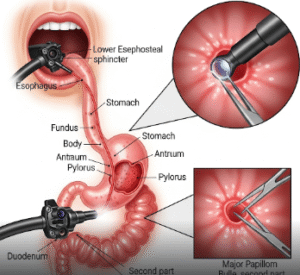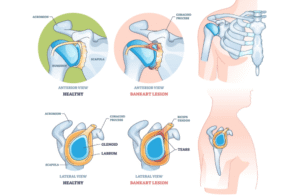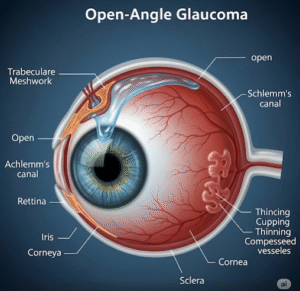Overview
Uterine fibroids, also known as leiomyomas or myomas, are non-cancerous growths that develop in the muscular wall of the uterus. They are one of the most common gynecological conditions affecting women of reproductive age, particularly between 30 and 50 years old. Although they are benign, fibroids can cause significant health issues such as heavy menstrual bleeding, pelvic pain, and fertility problems.
In Korea, uterine fibroids are a well-recognized condition and are treated with state-of-the-art diagnostic tools and advanced surgical procedures. Korean hospitals specialize in minimally invasive treatments such as laparoscopic and robotic myomectomy, as well as non-invasive therapies like HIFU (High-Intensity Focused Ultrasound), making Korea a leading destination for fibroid management.
What are Uterine Fibroids?
Uterine fibroids are classified based on their location in the uterus:
- Intramural fibroids – within the uterine wall
- Subserosal fibroids – grow on the outer wall of the uterus
- Submucosal fibroids – grow inside the uterine cavity
- Pedunculated fibroids – attached by a stalk either inside or outside the uterus
Symptoms
Some women may have no symptoms, but common signs include:
- Heavy or prolonged menstrual bleeding
- Anemia due to blood loss
- Pelvic pain or pressure
- Frequent urination (due to pressure on the bladder)
- Constipation (if fibroids press on the rectum)
- Pain during intercourse
- Difficulty conceiving or pregnancy complications
Causes
The exact cause of uterine fibroids is not fully understood, but factors include:
- Hormonal influence – estrogen and progesterone stimulate fibroid growth
- Genetics – family history increases risk
- Growth factors – proteins that regulate cell growth
- Extracellular matrix (ECM) – supports fibroid growth and size
Risk Factors
- Women in their 30s and 40s
- Family history of fibroids
- Obesity and high BMI
- High estrogen exposure (early menstruation, hormone therapy)
- Ethnic background – slightly more common in Asian and African women
Complications
- Severe anemia from heavy bleeding
- Reproductive issues such as infertility or recurrent miscarriage
- Pelvic organ compression leading to bladder or bowel dysfunction
- Rarely, fibroids may develop into a malignant tumor (leiomyosarcoma)
Prevention & Lifestyle
- Maintain a healthy weight
- Eat a diet rich in vegetables, fruits, and whole grains
- Limit red meat, processed foods, and alcohol
- Regular exercise to regulate hormones
- Routine gynecological check-ups in Korea
Treatment Options in Korea
Diagnosis
- Ultrasound scan (first-line tool, widely available in Korea)
- MRI scan for detailed fibroid mapping
- Hysteroscopy for direct visualization of uterine cavity fibroids
- Blood tests (to check anemia and hormone levels)
Medical Treatments
- Hormonal therapy (oral contraceptives, progesterone therapy)
- GnRH agonists – shrink fibroids temporarily before surgery
- Tranexamic acid & NSAIDs – manage bleeding and pain
- Iron supplements – for anemia treatment
Surgical & Advanced Treatments in Korea
- Myomectomy (removal of fibroids, uterus preserved)
- Laparoscopic myomectomy
- Robotic-assisted myomectomy (cutting-edge and common in Korea)
- Hysterectomy (removal of the uterus – permanent solution)
- Uterine Artery Embolization (UAE) – blocks blood supply to fibroids
- High-Intensity Focused Ultrasound (HIFU) – non-invasive treatment available in leading Korean hospitals
Rehabilitation & Support
- Post-treatment monitoring with imaging
- Fertility counseling for women planning pregnancy
- Pain management programs
- Lifestyle adjustments to reduce recurrence













